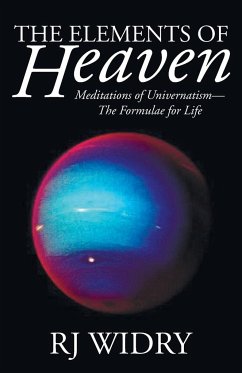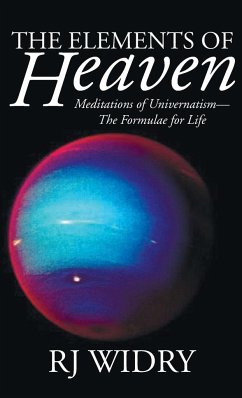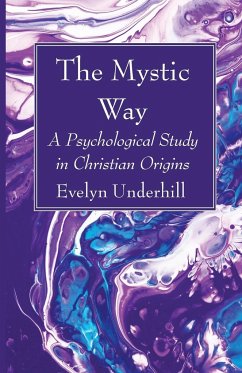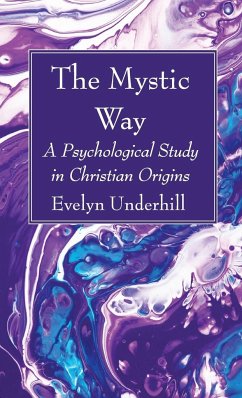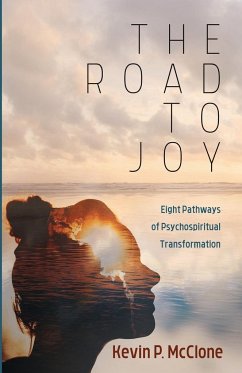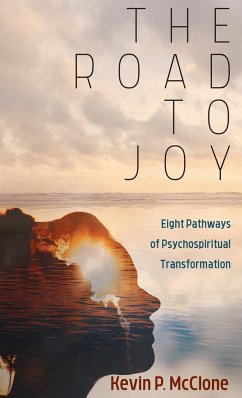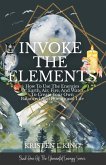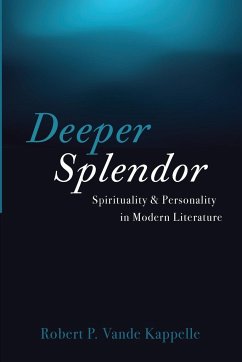In his second book, RJ Widry draws on sources from psychology, philosophy, and spirituality, creating a cohesive and syncretistic ideology that the author calls Univernatism. The term itself indicates a merging of universal and natural ways of life, which he has explained and organized with various formulae. RJ Widry also reveals cryptic revelations and universal, natural essences of life, which he had gleaned during his time of isolation. In this way the author shares his vision of paradise, in the here and now, with each of his readers. Written practically and mathematically, his work can be adopted and assimilated by people of any faith or religion. Universal and natural, the writing speaks directly to the individual reader, encouraging all to develop and discover his or her own ideal heaven on earth. As the author believes that ?happiness looks different to each who finds it,? he has written in detail a way for inner exploration that each person can apply to his or her own path in life.
Hinweis: Dieser Artikel kann nur an eine deutsche Lieferadresse ausgeliefert werden.
Hinweis: Dieser Artikel kann nur an eine deutsche Lieferadresse ausgeliefert werden.

